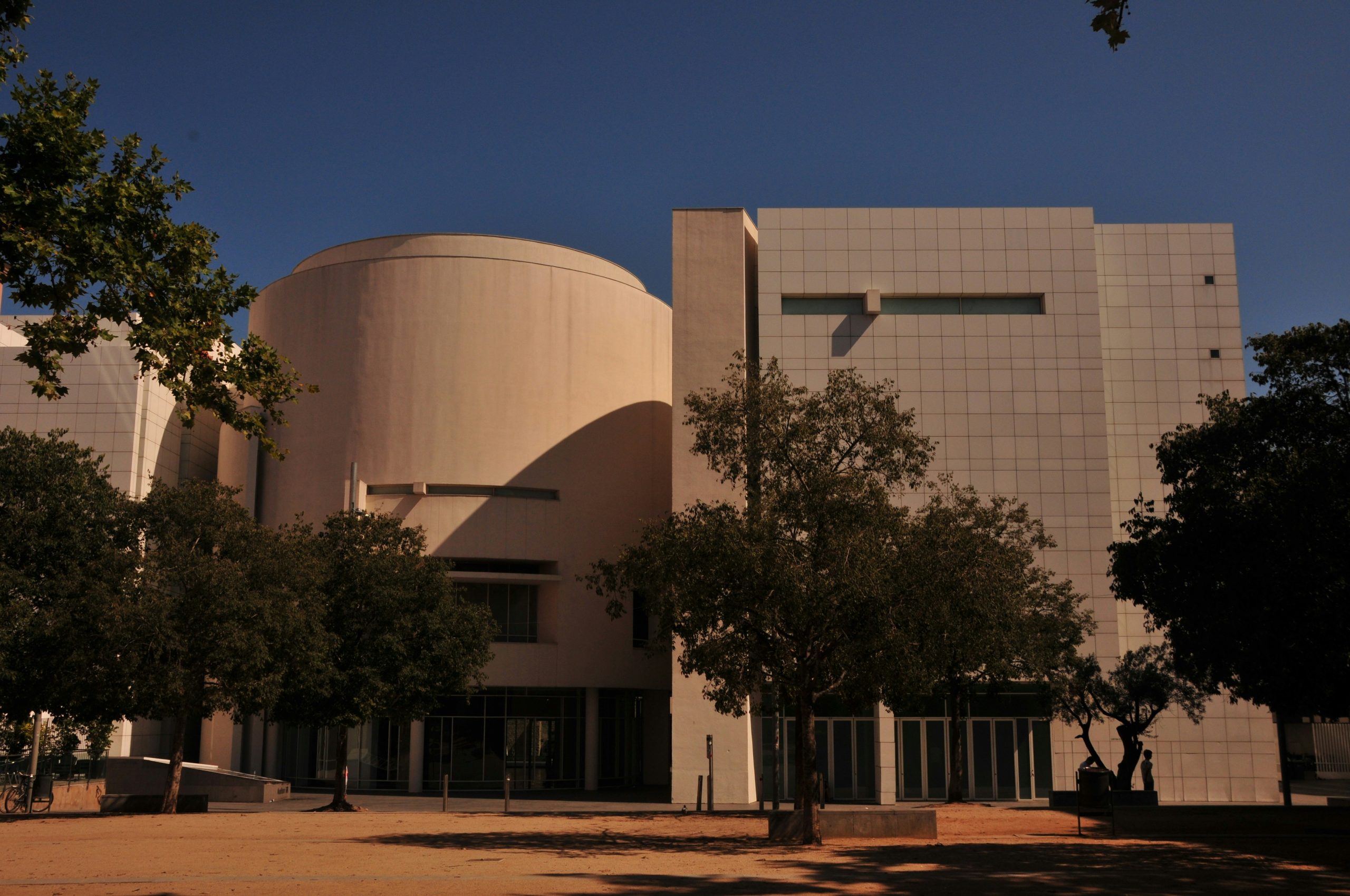Table of Content
- Introduction to the University of Metaphysical Sciences
- Legal Battle: Understanding the Lawsuit
- Core Issues Behind the Dispute
- Key Takeaways for Future Students
Introduction to the University of Metaphysical Sciences
The University of Metaphysical Sciences (UMS) is known for offering online courses and degrees in spiritual subjects such as metaphysics, meditation, spiritual healing, and esoteric studies. Established to provide educational resources for spiritual growth and personal development, UMS operates primarily as an online university catering to a global audience.
UMS has often stood outside the conventional academic framework. Its degrees are not accredited by regional accreditation bodies recognized by the U.S. Department of Education. Instead, it claims accreditation from alternative organizations that support spiritual and metaphysical learning. While many students enroll with a clear understanding of this, controversy has surrounded the university in recent years, culminating in a lawsuit that raised serious concerns about its practices and representation.
Legal Battle: Understanding the Lawsuit
The lawsuit against the University of Metaphysical Sciences did not emerge in isolation. As online education becomes more popular, so does scrutiny toward institutions offering unconventional degrees. In the case of UMS, several former students and consumer rights advocates brought forward a legal complaint, accusing the university of misleading them regarding the value and recognition of their degrees.
The plaintiffs argued that UMS portrayed itself as a credible academic institution, which led them to believe their degrees would be usable for professional or academic advancement. However, once enrolled, some students found that the degrees carried little or no weight in the job market or with traditional educational institutions.
UMS has maintained that it never claims to offer traditionally accredited degrees and that its educational offerings are clearly presented as spiritually oriented. According to its defense, the university’s materials disclose all relevant accreditation information, and its programs are meant for personal enrichment rather than professional licensing or academic transfer.
Despite this, the lawsuit alleges that the university did not make this distinction clear enough, particularly in its marketing language. The legal case has become a focal point for discussions about accountability in spiritual and alternative education.
Core Issues Behind the Dispute
This legal dispute has brought attention to several key areas of concern that go beyond just one institution. It touches on the ethics of spiritual education, the transparency of online learning platforms, and consumer rights.
Bullet Points: Primary Allegations in the Lawsuit
- Misleading claims about accreditation, leading students to believe degrees were widely recognized
- Promoting degrees that lacked value in professional or academic settings
- Marketing language that overstated career opportunities after graduation
- Lack of clarity in refund policies and tuition expectations
- Encouragement of students to take on financial commitments for programs with limited value
Each of these issues has appeared repeatedly in testimonies and documents filed in the case. The plaintiffs believe that the cumulative effect of these practices amounts to fraud or deceptive conduct. Meanwhile, supporters of UMS argue that students had access to all necessary information before enrolling and that personal responsibility plays a key role in such decisions.
Key Takeaways for Future Students
Whether or not the lawsuit results in a verdict against the University of Metaphysical Sciences, the situation provides an important lesson for anyone exploring spiritual or alternative education. In today’s digital age, where countless learning platforms exist, understanding what you’re signing up for is more important than ever.
First, prospective students should research the accreditation status of any university they plan to attend. Just because a program issues degrees does not mean those degrees hold professional value. Accreditation from non-recognized bodies does not equate to traditional academic recognition. This distinction is crucial, especially for students hoping to use their credentials in career advancement.
Secondly, it is essential to understand the purpose of the program. UMS and similar institutions often emphasize spiritual growth and self-discovery rather than career preparation. Students looking for vocational success may be disappointed if they assume the degree will lead to job opportunities without doing proper background checks.
Furthermore, this case highlights the importance of reading all terms and policies carefully. Many online institutions, including UMS, have refund policies and disclaimers embedded in their course materials or websites. Ignoring these documents can lead to misunderstandings or false expectations.
Finally, there is a broader ethical consideration. Institutions offering spiritual education must strike a balance between personal transformation and commercial transparency. If they are charging tuition, marketing degrees, and recruiting students, they bear a responsibility to provide honest information about the limitations and opportunities their programs offer.
Conclusion
The University of Metaphysical Sciences lawsuit underscores the challenges and responsibilities involved in providing alternative education in a modern, digital world. While spiritual education plays an important role in many lives, the line between personal development and professional promise must be clearly drawn.
For UMS, the outcome of this legal battle could reshape how metaphysical institutions communicate with students. If the court finds that the university misled students, it may be required to modify its practices or issue financial remedies. Regardless of the verdict, the case has already sparked important conversations about transparency, accountability, and ethics in spiritual learning.
Students considering enrolling in similar programs should approach their decisions with caution, armed with research and clear expectations. Spiritual education can be transformative and meaningful—but only when both sides understand exactly what is being offered.


